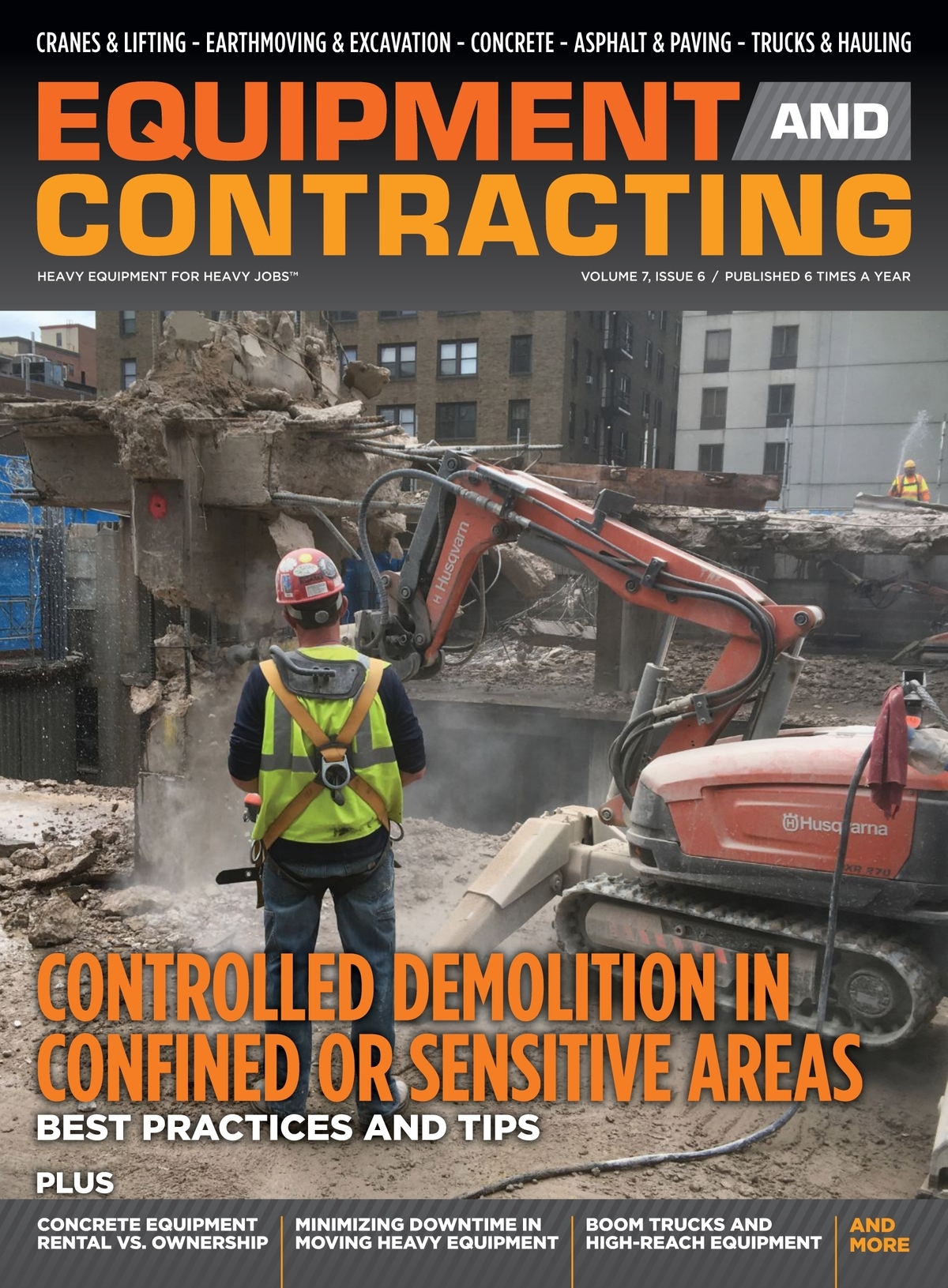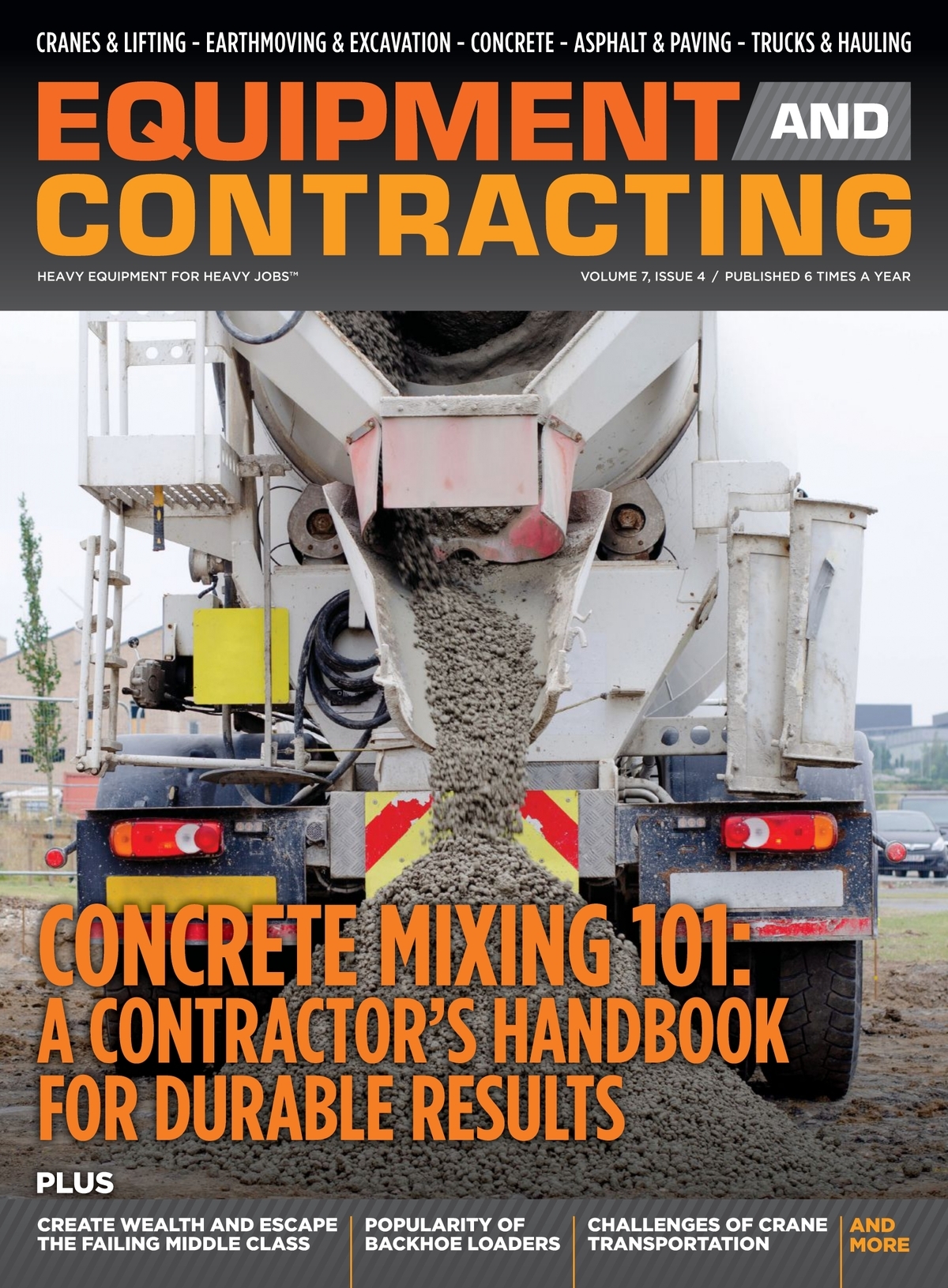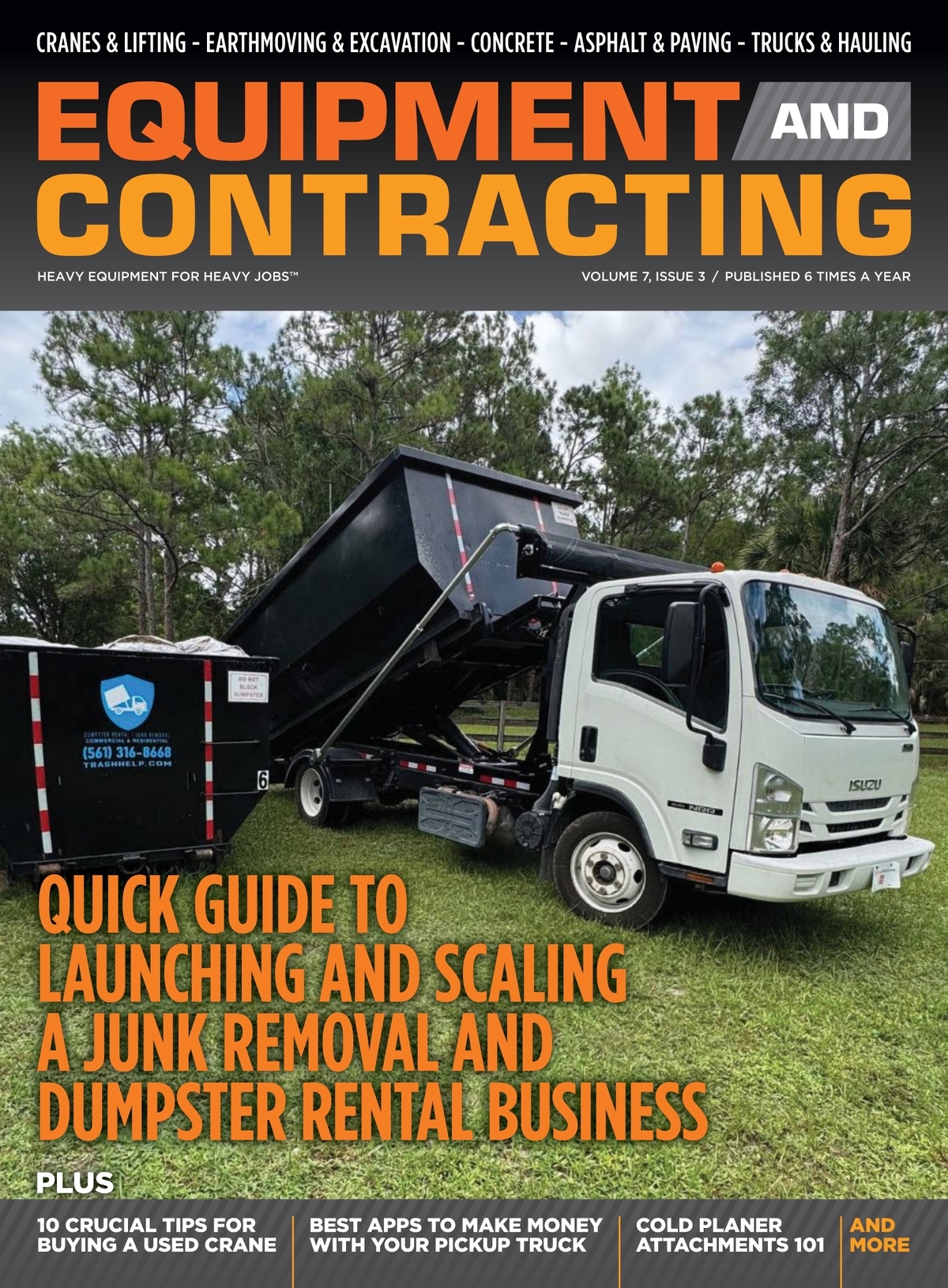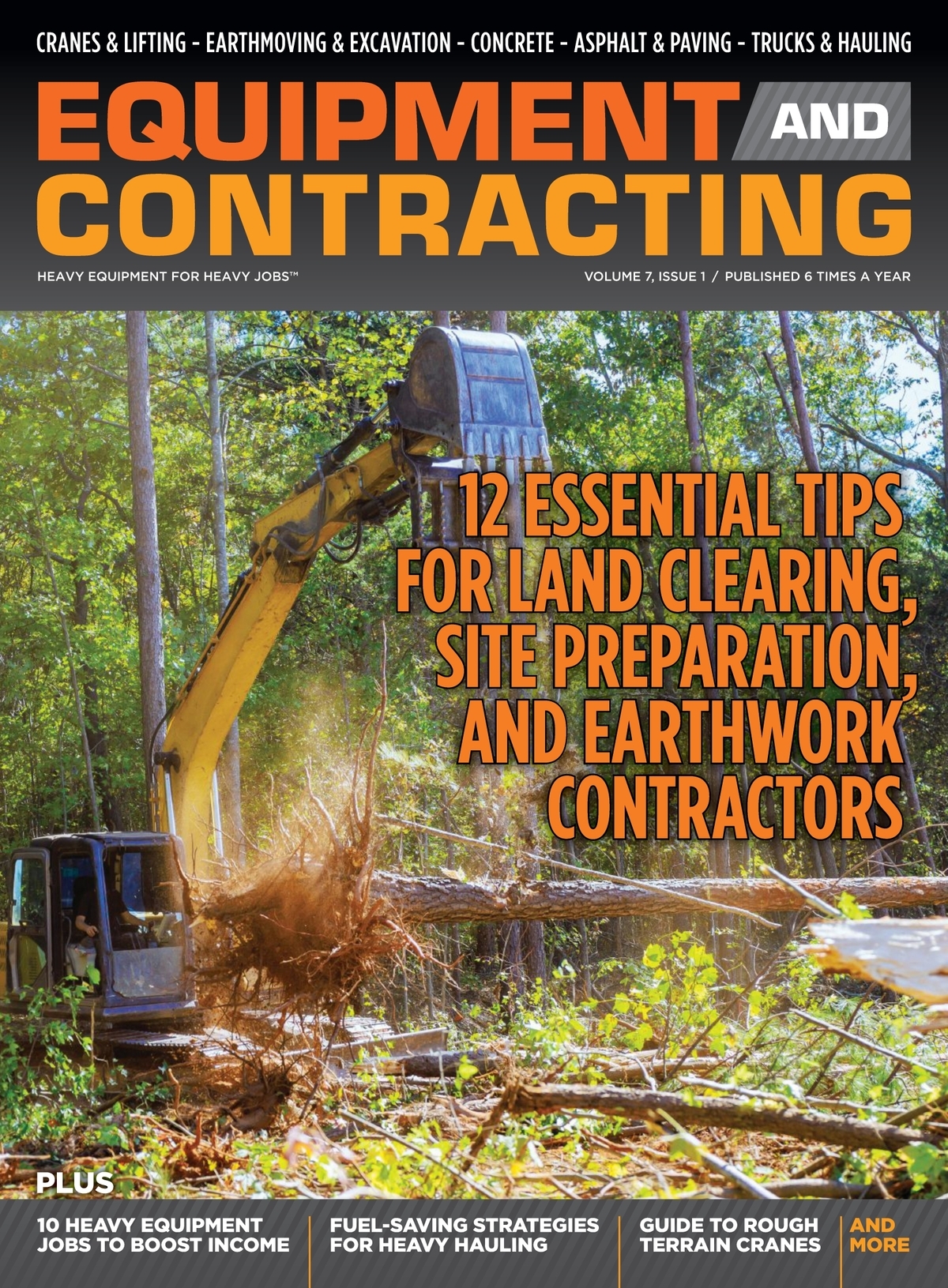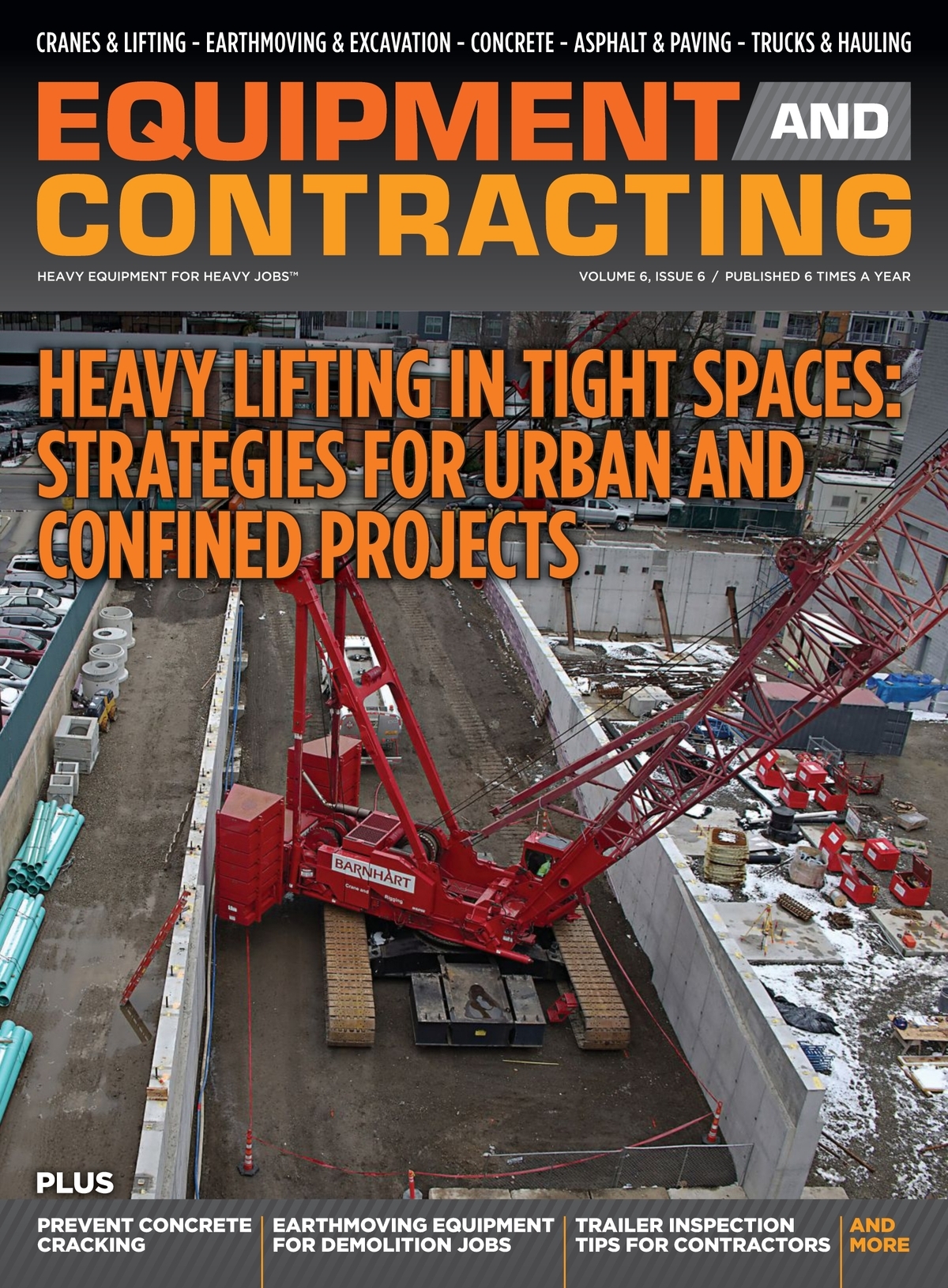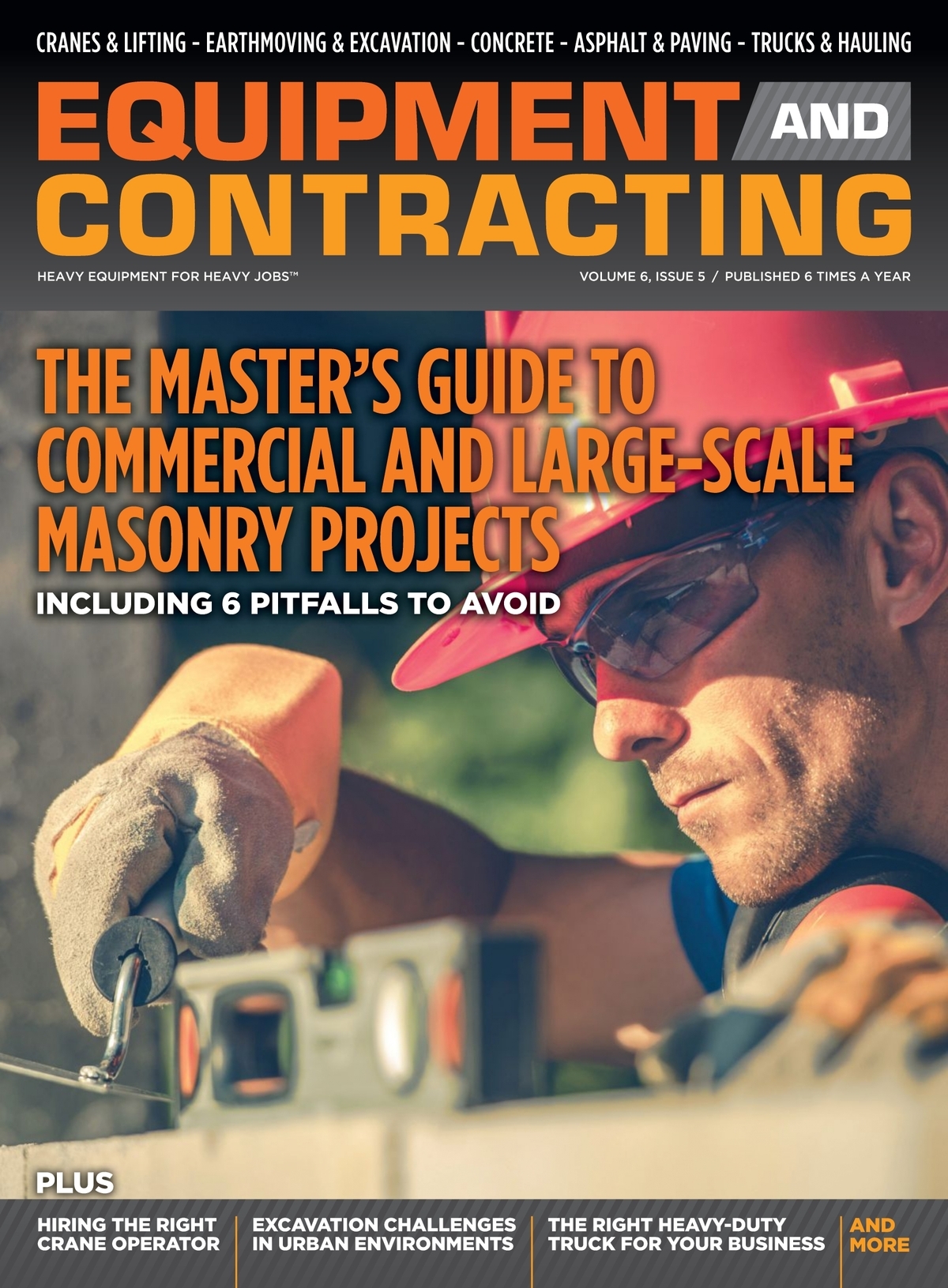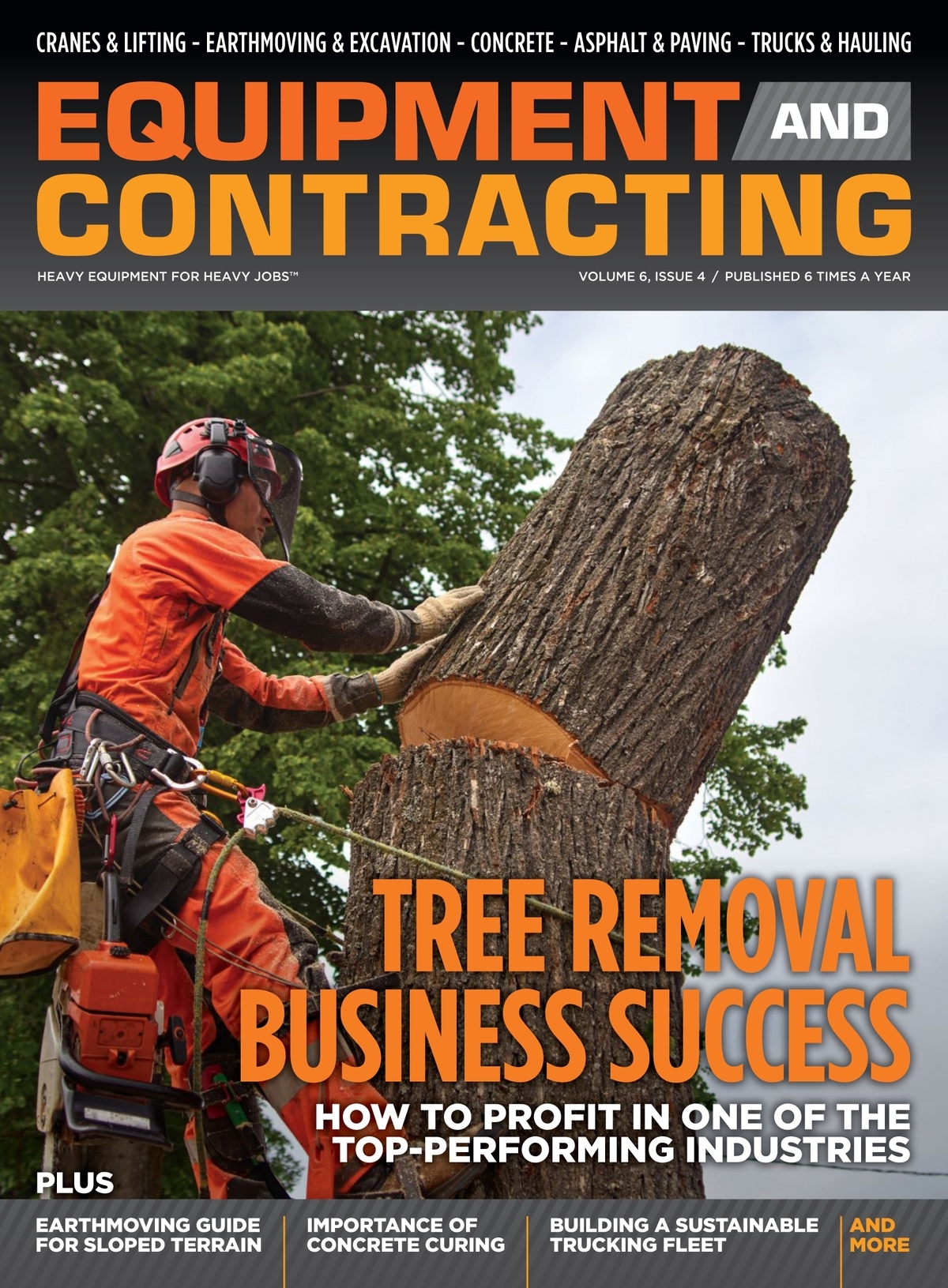
View the complete article here.
Proper maintenance of asphalt paving equipment is not just a recommendation—it is a necessity to ensure operational reliability, longevity of service, and the safety of workers. This includes a range of machinery, from milling machines and front-end loaders to pavers and compactors—each playing a crucial role in the paving process. Regular, meticulous maintenance of these machines maximizes efficiency, minimizes downtime, and extends their usable life—ensuring projects can be completed on time and within budget.
Daily Maintenance Routines
For contractors relying on asphalt paving equipment, establishing rigorous daily maintenance routines is crucial for operational efficiency and extending the lifespan of the machinery.
Start-of-Day Inspection Checklist
Each day should begin with a comprehensive inspection of the asphalt paving equipment. Key items to check include tire pressure, fluid levels (oil, hydraulic, coolant, and fuel systems), and the condition of the belts and hoses. Operators should also examine the conveyor system, augers, and the screed for any signs of damage or wear and ensure that all safety devices are functioning correctly.
Cleaning Protocols for End-of-Day
After a day’s work, thorough cleaning is imperative to prevent asphalt buildup—which can hinder performance and lead to equipment damage. The daily cleaning regimen should include removing asphalt from the hopper, conveyor belts, and other surfaces exposed to the material. A release agent or a purpose-designed solvent should be used to clean the paver’s screed to ensure a clean surface for the next day’s work. Components such as the radiator and filters should be cleared of debris to prevent overheating and maintain airflow.
Lubrication Needs for Essential Components
Regular lubrication is essential to keep moving parts operating smoothly and to prevent premature wear. Operators should refer to the manufacturer’s manual for specific lubrication points and recommended intervals. Special attention should be given to components such as the screed’s leveling arms, conveyor bearings, and auger drives. High-temperature greases are often recommended for parts exposed to the heat of the asphalt.
Maintaining these daily routines not only ensures that the equipment is ready for use but also plays a significant role in spotting potential issues before they result in downtime or costly repairs. Properly cared for, asphalt paving equipment can provide reliable service for many years.
Regular Wear-and-Tear Assessment
Long-term performance of asphalt paving equipment hinges on the vigilant monitoring of wear-and-tear.
Identifying Common Wear Patterns in Paving Equipment
Consistent wear patterns can often be identified in certain components of paving equipment. These typically include the augers, conveyor system, screed plates, and end gates. For example, the screed plate’s flatness is imperative for a uniform asphalt layer—and any wear can result in a poor quality finish. Auger flights may wear down, leading to inefficient movement of asphalt—while worn conveyor chains can cause slippage or breakage.
Scheduling Regular Inspections for Wear Parts
To mitigate the risk of unexpected equipment failure, regular inspections should be embedded in maintenance routines. Operators should be trained to check for signs of wear as part of their daily inspections, but more thorough examinations should be scheduled at regular intervals—such as weekly, monthly, or in alignment with the number of hours the equipment has been in operation. Manufacturer recommendations often provide guidance on these intervals.
When to Repair vs. When to Replace Components
Decisions on whether to repair or replace a component should be guided by both the severity of the wear and the cost implications. Minor issues, such as small cracks or abrasions, may be repaired to extend the life of a part temporarily. However, when wear impacts the performance or could potentially cause further damage—replacement is advised. Keeping a log of repairs and noting the condition of the component at each inspection can inform this decision-making process.
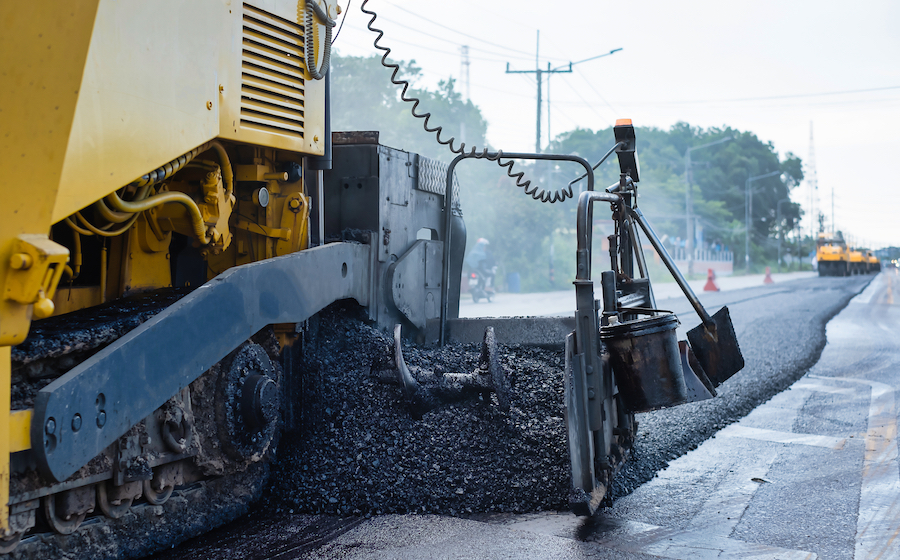
Seasonal Maintenance Strategies
Asphalt paving equipment is exposed to a wide range of weather conditions, which can significantly affect its performance and longevity. A strategic approach to seasonal maintenance is vital to protect this valuable asset.
Preparing and Protecting Equipment for Seasonal Changes
With the onset of colder weather, machinery that is not winterized can suffer from fluid freezing—while hot temperatures can lead to overheating. Before the start of a new season, it’s important to check and adjust the antifreeze levels in the cooling systems and ensure the heating systems are functional. For warmer seasons, verify that the cooling systems are clean and unobstructed—and check that the equipment has the proper oil viscosity for the expected temperature range as well.
Special Considerations for Storage During Off-Season Periods
When equipment will not be in use for extended periods, it should be stored properly to prevent damage. Batteries should be disconnected and stored in a cool, dry place to prevent discharge. Fuel tanks should be filled to reduce condensation, and stabilizers should be added to prevent fuel degradation. It’s also advisable to cover the equipment to protect it from dust and environmental elements.
Seasonal Fluid and Tire Pressure Checks
Fluids should be checked and changed seasonally—including hydraulic fluids, engine oil, and coolants. These fluids can degrade over time or become contaminated, which can impair their effectiveness. Tire pressure is also affected by temperature changes—therefore, tires should be inspected for proper inflation as the seasons change to prevent undue wear and to maintain performance.
Training for Operators and Maintenance Personnel
The role of human expertise in maintaining asphalt paving equipment is as critical as the mechanical aspects. Ensuring that personnel are well-trained can dramatically increase the effectiveness of your maintenance regimen.
Ensuring Operators Understand Maintenance Responsibilities
Operators should be well-versed in daily maintenance tasks as they are the first line of defense against equipment malfunction. Training should include how to conduct thorough pre- and post-operation inspections, basic troubleshooting procedures, and immediate reporting of any anomalies. And, of course, operators must be aware of the significance of their role in maintaining the equipment’s integrity.
Certification and Training Programs for Maintenance Staff
Investing in certification and training programs for maintenance staff pays dividends in the longevity and reliability of the equipment. Programs should cover in-depth training on the machinery’s specific models, advanced diagnostic skills, and the latest industry best practices. Regular updates to training programs ensure that maintenance staff stays current with evolving technologies and maintenance techniques.
Developing a Culture of Care and Prevention
Cultivating a workplace culture that prioritizes maintenance can lead to proactive care of the equipment. Encouraging staff to take ownership of the machinery and understand the broader implications of equipment failure helps in fostering this culture. Recognition programs for diligent maintenance, open communication channels for reporting issues, and collaborative problem-solving can further reinforce the value placed on equipment care and prevention.
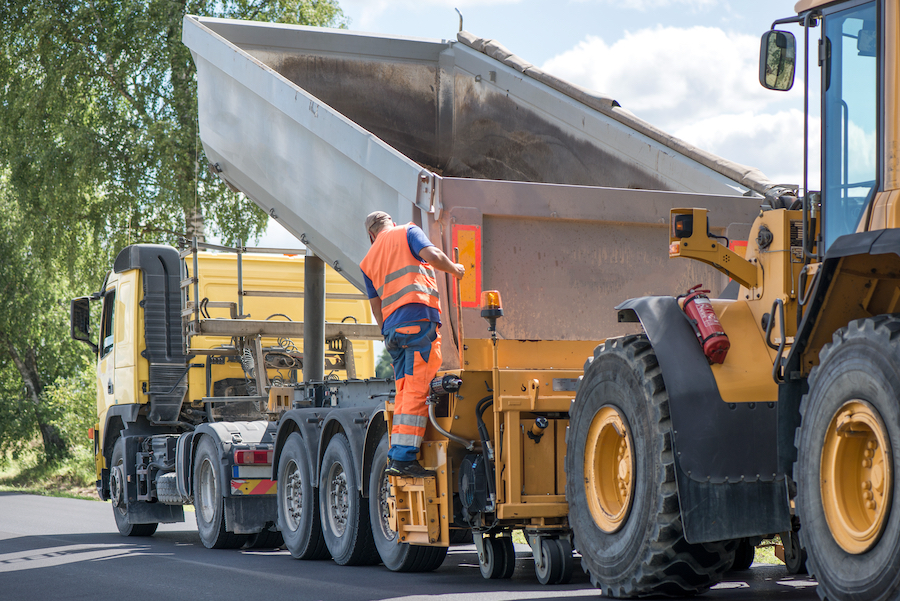
Handling Major Repairs
When major repairs are needed, having a solid plan can mean the difference between a brief setback and a significant operational disruption.
Establishing Relationships with Repair Service Providers
Building and maintaining good relationships with repair service providers can streamline the repair process. Select providers who have a proven track record of servicing your specific equipment and can guarantee quick turnaround times for repairs. A reliable service provider can offer expert advice and may even prioritize your needs in times of high demand.
Deciding Between In-House Repairs and Professional Servicing
Evaluate the complexity of the repair and the capabilities of your in-house maintenance team. For minor repairs or when your team has the necessary expertise, in-house repairs can be more cost-effective and quicker. For more complex issues, particularly those that might impact warranty coverage or require specialized knowledge or tools, professional servicing is usually the better choice.
Managing Downtime During Major Repairs
Effective management of downtime is crucial to minimize the impact on operations. Planning repairs during off-peak periods, maintaining a stock of critical spare parts, and having a contingency plan to rent equipment if needed can help manage downtime. It’s also important to communicate with clients about potential delays and adjust project timelines accordingly.
Investment in Quality Parts and Materials
The performance and longevity of asphalt paving equipment significantly depend on the quality of the parts and materials used in maintenance and repairs.
The Impact of Using OEM vs Aftermarket Parts
Original Equipment Manufacturer (OEM) parts are typically recommended by the equipment’s maker and are guaranteed to fit and function as intended. Aftermarket parts, however, can vary widely in quality and may offer cost savings upfront—but they can also introduce a risk of poor fit, decreased performance, or even lead to further damage and additional costs down the line.
The Importance of Quality Fluids and Lubricants
High-quality fluids and lubricants keep asphalt paving equipment running smoothly and efficiently. They protect against wear, extend the life of moving parts, and can operate under a wide range of temperatures and conditions. Inferior products may not provide adequate protection, leading to increased wear and potentially severe breakdowns.
Balancing Cost and Quality for Long-Term Gains
While high-quality parts and materials may come at a higher initial cost, they often lead to reduced maintenance costs over the lifespan of the equipment. Investing in quality can mean fewer breakdowns, reduced downtime, and lower long-term operational costs. Always assess the total cost of ownership when making decisions about parts and materials, not just the upfront cost.
View the complete article here.
What are the essential daily maintenance tasks for asphalt paving equipment?
Essential tasks include checking tire pressure, fluid levels, belts, hoses, and cleaning the machinery after use.
Why is seasonal maintenance important for asphalt paving equipment?
Seasonal maintenance prevents fluid freezing in winter and overheating in summer, ensuring optimal performance and longevity.

